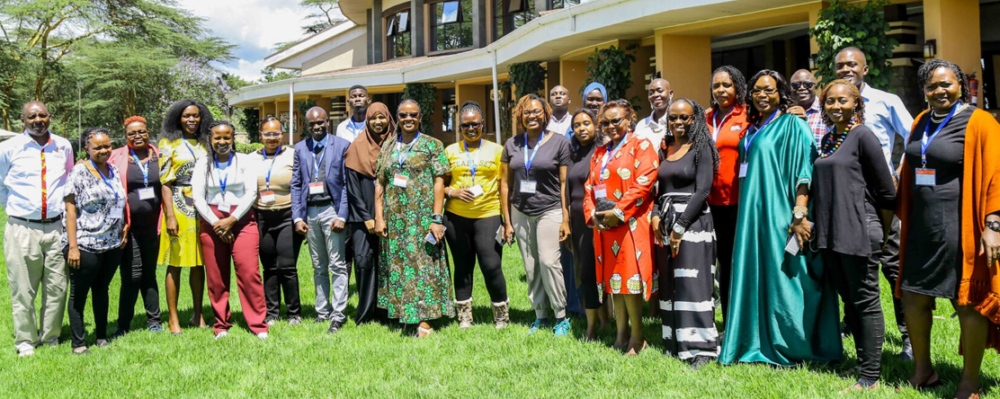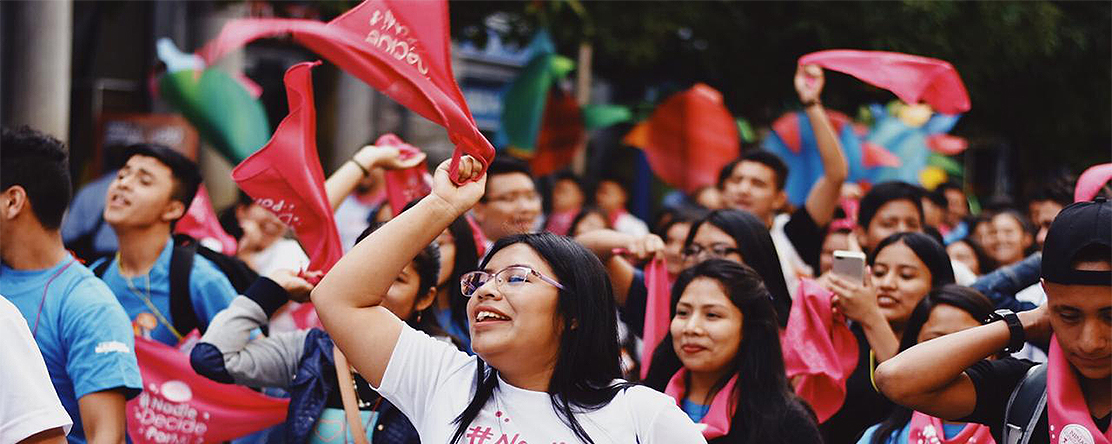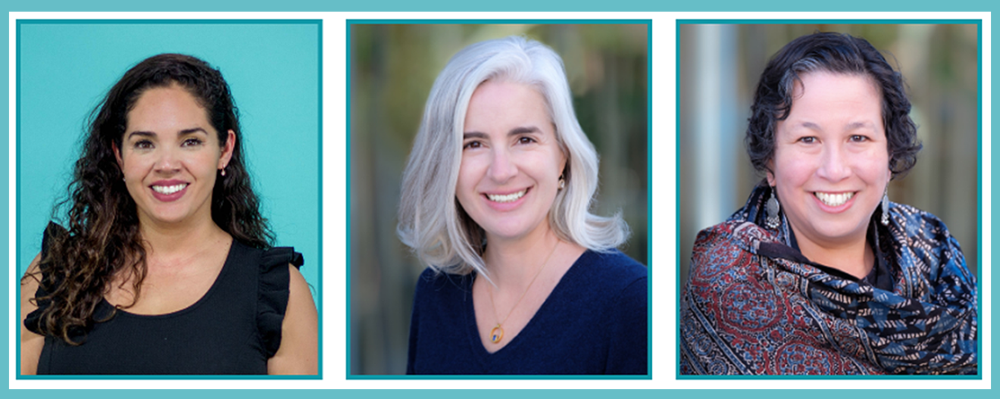Leaders fighting for gender equality can accelerate progress by looking for support in unexpected places, boosting successful efforts already underway, and using new data to augment their advocacy.
When Malawian girl leaders spoke out against child marriage in 2011 as part of a campaign supported by Girls Empowerment Network and Rise Up, some men and boys in their communities protested because they felt left out of the conversation. In response, the leaders put together “uncle and father chats” that allowed the men to hear the girls’ priorities while sharing their dreams for their nieces, daughters, and sisters. Engaging men and boys proved critical to building widespread support to end child marriage, which led to landmark national legislation increasing the legal age of marriage to 18.
As the #MeToo and other movements have demonstrated, transforming gender inequality requires continually holding men accountable for violence and discrimination against women. At the same time, it’s also important not to lose sight of men’s potential to be powerful allies and their responsibility to be part of the solution, as they were in Malawi.
This week, the United Nations Commission on the Status of Women is marking the 25th anniversary of the Beijing Declaration and Platform for Action. Important progress has been achieved since then: Melinda Gates has put $1 billion toward the cause and the UN has committed to achieving gender equality through Sustainable Development Goal 5. Yet at the current rate of progress, economic gender parity won’t become a reality for another 202 years. And too many girls and women remain marginalized, especially those who are poor, of color, and live in the Global South.
Effectively engaging more men in the fight for gender equality won’t be easy. A 2019 Time Magazine poll found that 65 percent of men don’t believe that sexism is a serious problem in the United States. The same poll showed nearly half of men believing that the gender pay gap is “made up.” It is not: Research from the US Bureau of Labor Statistics found that working women earn 81 percent of their male counterparts’ salaries.
But battling through these misperceptions is a worthwhile endeavor: Men are essential allies who can mobilize new partners, unlock new dollars, create powerful new collaborations, and elevate new voices to advance gender equality.
One strategy to enlist men as allies for gender equality is to look for their support in unexpected places. For nonprofits in the gender equality movement like Rise Up, it’s about finding a partner that shares your vision, trusts your expertise, and invests in your impact. As more companies are publicly committing to gender equality, the moment is ripe to challenge corporate leaders to match their words with a real strategy and investment plan that support not just their teams, but also the communities in which they operate. Private firms, especially those in traditionally male-dominated fields like engineering and manufacturing, have tremendous power and platforms to advance gender equality that often go untapped. They can provide valuable and unique opportunities, such as executive coaching to strengthen organizational leadership, access to employees who are eager to volunteer, flexible funding to scale programs, and introductions to new partners and funders.
In 2018, Cummins Inc., a 100-year-old manufacturing company with more than 60,000 employees, launched Cummins Powers Women, partnering with Rise Up and seven other nonprofit organizations that are working to advance women and girls. The global community program is focused on accelerating gender equality through leadership training, advocacy, mentoring, financial inclusion, entrepreneurship, and strategic engagement with nonprofit leaders. It has led to important changes in many communities: In just two years, this partnership has served more than 100,000 people, invested in 74 advocacy initiatives in six regions, and resulted in eight new and improved laws and policies supporting gender equality. The partnership is a continuation of the company’s commitment to diversity and inclusion and ensuring its global workforce is reflective of the communities in which it operates. Across the company, three out of every 10 employees are women—far above average in its industry—and 41 percent of the company’s leadership team are women. Just as company leaders are held accountable to goals around recruiting, retaining, and developing female employees, executives also prioritize direct engagement in Cummins Powers Women; Cummins CEO Tom Linebarger personally advises Rise Up on strategy and speaks often about the urgency to advance gender equality.
Another strategy for engaging more men in the fight for gender equality is to highlight and support those who are already doing it well. Rise Up has invested in leaders like Ricardo Preciado Jiménez in San Luis Potosí, Mexico. He works on dismantling machismo culture and preventing violence against women by helping adolescent boys eliminate gender stereotypes, build empathy, and redefine masculinity.
“If we are not part of the solution, there will be no solution at all,” he said. “We cannot work with just half of the population.”
Jiménez is currently creating a new curriculum on masculinity for elementary school students to address gender-based discrimination. It was recently approved for statewide implementation in San Luis Potosí.
In Guatemala, Saúl Interiano Ramirez founded and runs COINCIDIR, a youth development organization. When Ramirez became a Rise Up leader in 2013, he said he began to better understand the social and cultural barriers that limit adolescent girls. He shifted his work to support girls in advocating for their rights.
“Giving real power to girls and adolescents is not easy,” he said. “Girls developing their own voices and thoughts with their own heads and hearts challenges a culture of silence, machismo, and patriarchy.”
In 2019, COINCIDIR and Rise Up supported adolescent girls’ advocacy efforts in southeastern Guatemala. The resulting public policy prioritized education, health, and safety for all 9,000 adolescent girls in the municipality of San Luis Jilotepeque.
When men like Jiménez and Ramirez speak out as allies for gender equality, they generate buy-in from other men and boys. They also reduce the stigma against creating a more supportive environment for the girl and women leaders who are already spearheading change in their communities.
New data provide a third way to enlist more men in the gender equality movement.
In recent years, investments have expanded the evidence at our disposal to make the case for engaging men in the fight for gender equality. A recent evaluation showed that with training, support, and funding, 95 percent of Rise Up leaders like Jiménez and Ramirez reported that they have undertaken new advocacy efforts to advance gender equality. Other research has shown that gender equality plays a significant role in ending poverty, improving global health outcomes, and addressing the climate crisis. Even if resistance comes down to simple economic arguments, it is worth noting that advancing gender equality could add $12 trillion to the global economy.
With the multiplication and intensification of problems facing the global community, and with far too many girls and women still living with violence and discrimination, gender equality can’t wait. Organizations in the fight need to find non-traditional partners that can make a difference, raise up the male allies who can serve as examples for others, and wield data to make the case for urgent and strategic action. Otherwise, the global community risks delaying gender equality for another 202 years. That is far too long to wait.
PHI’s Rise Up activates women and girls to transform their lives, families, and communities through investment in local solutions, strengthening leadership, and building movements.




